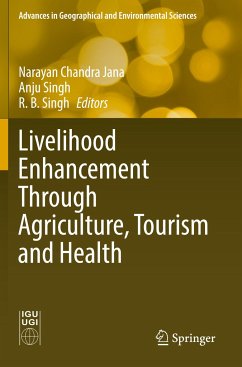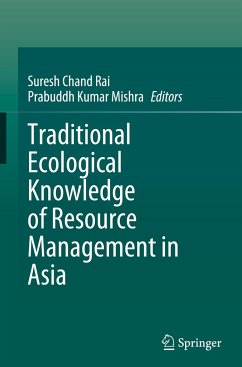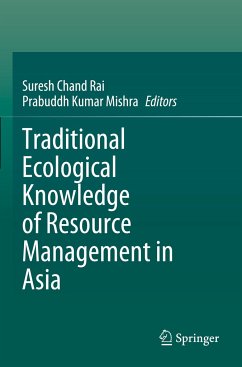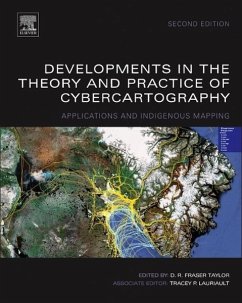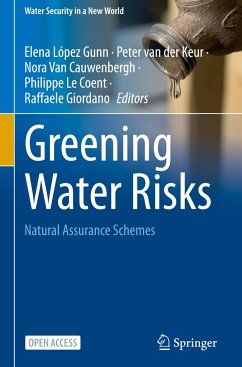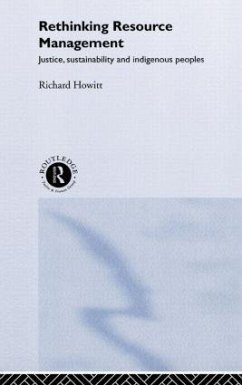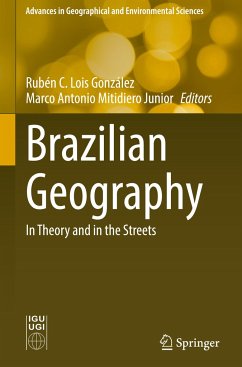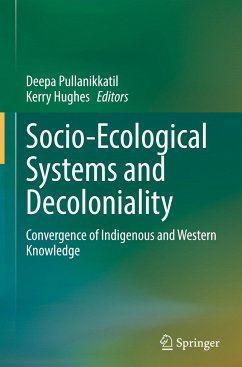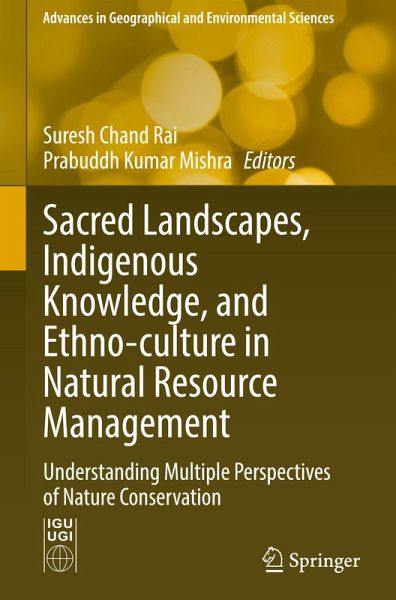
Sacred Landscapes, Indigenous Knowledge, and Ethno-culture in Natural Resource Management
Understanding Multiple Perspectives of Nature Conservation
Herausgegeben: Rai, Suresh Chand; Mishra, Prabuddh Kumar

PAYBACK Punkte
61 °P sammeln!
This book examines the relationship between sacred landscapes, indigenous knowledge, ethno-culture, and natural resource management. The volume contributes to the existing literature on landscape studies and cultural geography by examining local perceptions toward multiple aspects of sacred landscape and ethno-culture under changing social and economic contexts, with case studies from diverse cultural and geographical areas worldwide.The book is useful for undergraduate and graduate students, policymakers, planners, park managers, and government officials to understand the needs for and natura...
This book examines the relationship between sacred landscapes, indigenous knowledge, ethno-culture, and natural resource management. The volume contributes to the existing literature on landscape studies and cultural geography by examining local perceptions toward multiple aspects of sacred landscape and ethno-culture under changing social and economic contexts, with case studies from diverse cultural and geographical areas worldwide.
The book is useful for undergraduate and graduate students, policymakers, planners, park managers, and government officials to understand the needs for and natural resources of an area as well as the effect of park policies on people to establish their mutually beneficial relationships. Readers learn how to integrate the concept of sacred landscapes, indigenous knowledge, ethno-culture, and natural resources management to improve human resilience to global environmental change, and to assess the proper development program in resource-deprived areas.
The book is useful for undergraduate and graduate students, policymakers, planners, park managers, and government officials to understand the needs for and natural resources of an area as well as the effect of park policies on people to establish their mutually beneficial relationships. Readers learn how to integrate the concept of sacred landscapes, indigenous knowledge, ethno-culture, and natural resources management to improve human resilience to global environmental change, and to assess the proper development program in resource-deprived areas.



